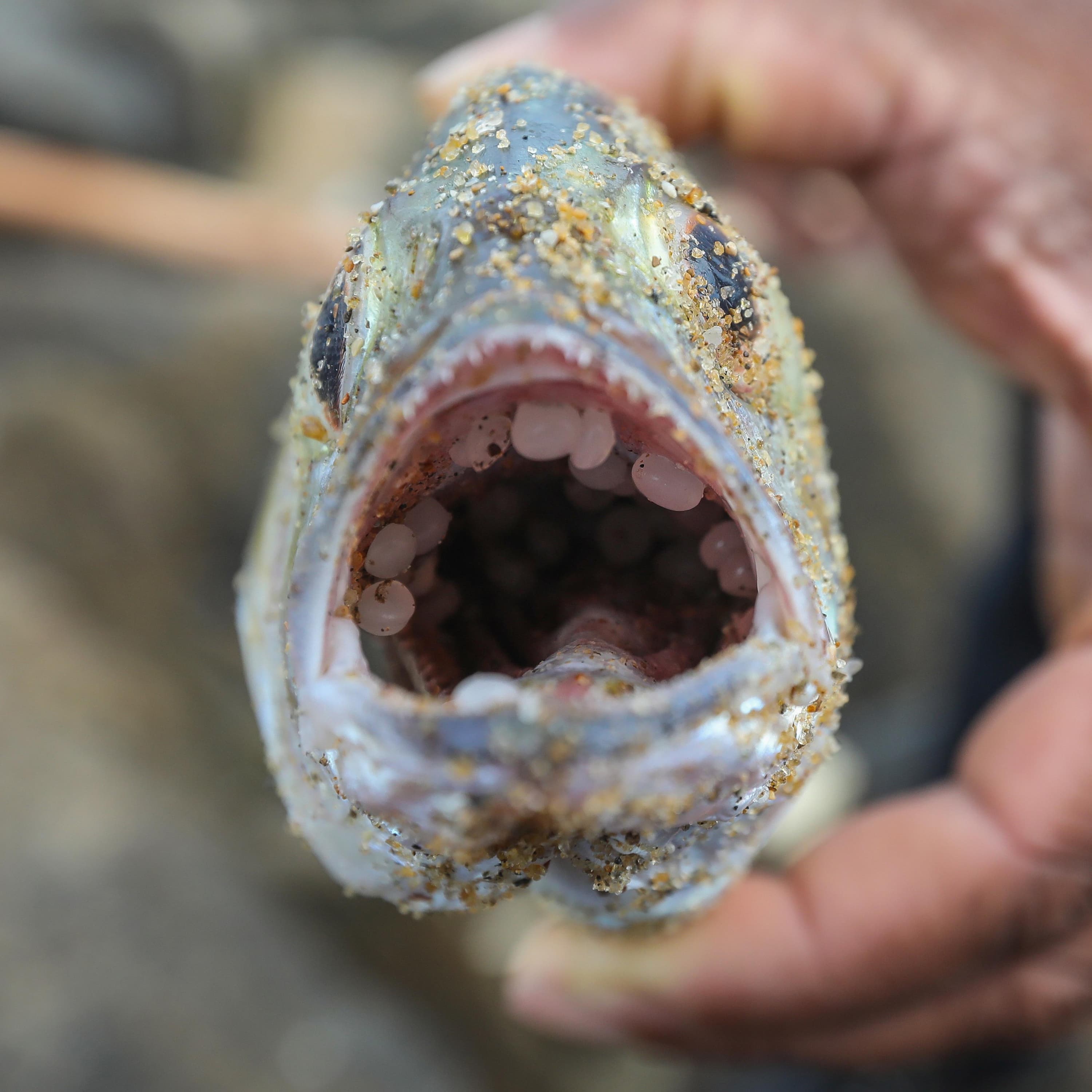
Why does Elon Musk want to buy Twitter?
Loading player...
Back in April this year, Tesla chief executive Elon Musk signed a $44bn (£40bn) takeover agreement for Twitter. But, in July, the world’s richest man said he was walking away from the controversial deal, arguing Twitter has more spam accounts than it claims. Then, last week, Musk offered to complete the acquisition in a dramatic U-turn. So what might happen next? Ian Sample talks to the Guardian’s global technology editor, Dan Milmo, about why Musk wants to own the social media platform, hears about the twists and turns of the saga so far, and finds out if the takeover is ever likely to happen. Help support our independent journalism at theguardian.com/sciencepod




